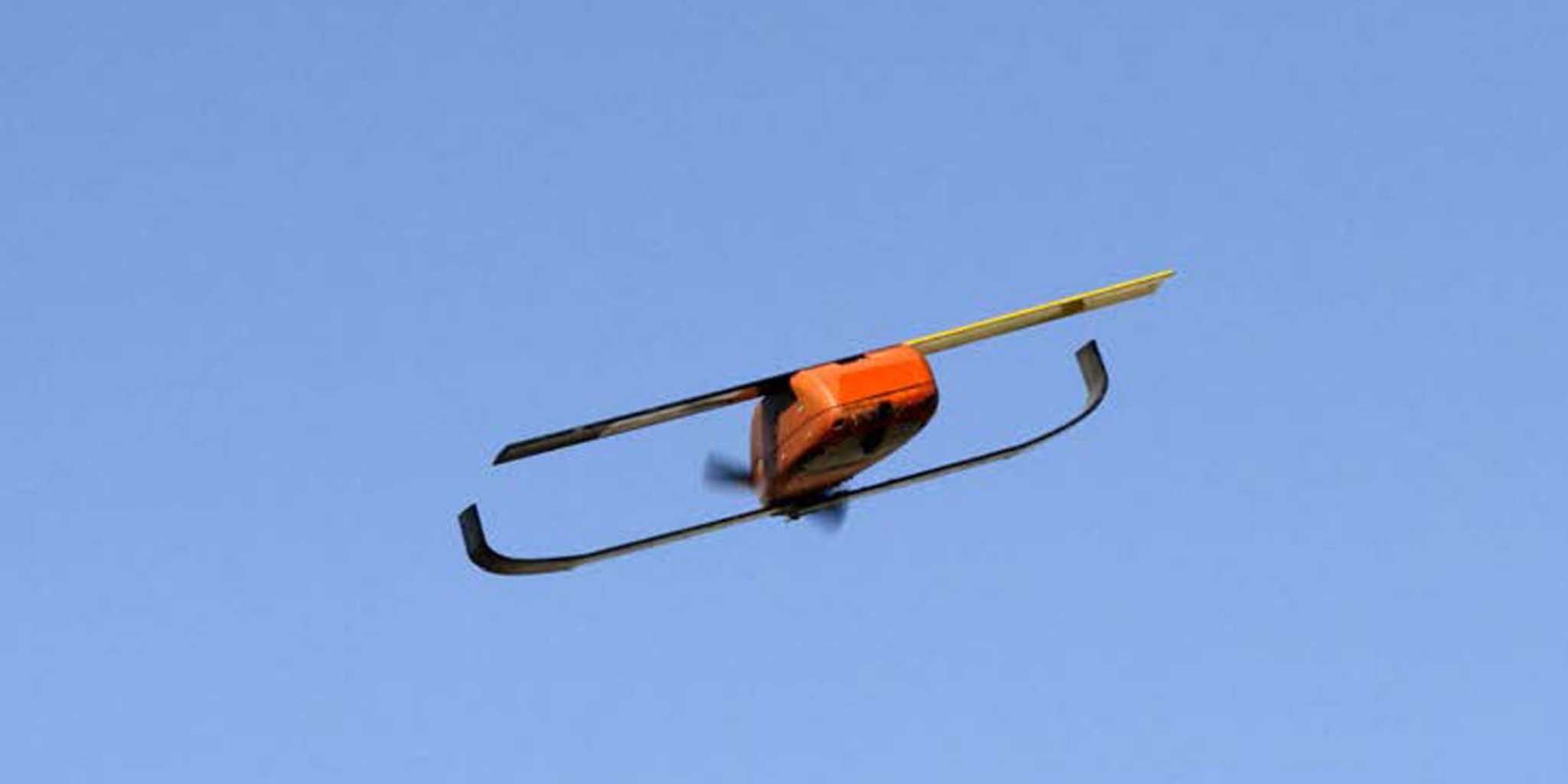The AUDS counter-UAS defence system has been enhanced for deployment on military and commercial security and surveillance vehicles and with new technology to more effectively defeat swarm attacks by malicious unmanned aircraft systems (UAS), including long range winged drones.
The AUDS system, already successfully deployed and in 24/7 operations, was developed in 2015 by a consortium of UK defence companies including Blighter Surveillance Systems, Chess Dynamics and Enterprise Control Systems. The AUDS system has an intuitive interface, is operable by a single user, and can detect, track, identify and defeat a drone in approximately 15 seconds at a range of up to 10km or six miles.
Graham Beall, CEO of Chess Dynamics, speaking for the AUDS team, said: “We are committed to evolving the AUDS platform to meet the needs of military and security forces as they respond to the growing threat of malicious and errant UAVs (unmanned aerial vehicles). These latest enhancements will consolidate our position as one the leading providers of a fully integrated strategic non-kinetic electronic C-UAV system.”
AUDS on a vehicle delivers a rapid ‘on-the-pause’ counter-UAV capability against drones attacking a temporary base, mobile force, convoy or a national infrastructure site. The system has been optimised and further ruggedised for deployment on either military trucks or commercial surveillance vehicles, such as a converted Mercedes-Benz Sprinter-style van, as well as on semi-portable containers.
AUDS is already available in three standard configurations – a portable platform for rooftop installation, a rugged field-mast system for forward operating bases or temporary camps, and a fixed system for borders and critical infrastructure sites.
The AUDS system has proved to be highly effective against swarm attacks and has successfully defeated approaching 2,000 drone sorties and been tested against more than 60 types of drone including fixed wing and quadcopters. The team recognise that co-ordinated swarm attacks are increasing – particularly in the military sector – so its engineers have been working on algorithms and techniques improving the AUDS system’s capability to defeat these multi-drone attack scenarios.
“We have continued to refine our advanced RF inhibition capabilities to meet identified changes in the threat, enabling additional attributes designed to engage with some of the longer range fixed winged drones that have appeared over the last 12 months,” said Colin Bullock, CEO of Enterprise Control Systems. “Our specialist RF engineers have also further fine-tuned some advanced techniques to even more effectively defeat co-ordinated multi-drone swarm attacks made up of mixed drone types approaching in complex mission scenarios.”
The AUDS system is highly effective against multi-mode swarm attacks due its multi-band radio frequency (RF) inhibitor which can simultaneously target multiple threat ‘bands’ to defeat the command and control (C2) links deployed on UAVs. These C2 links are constantly evolving within the emerging threat landscape and the AUDS RF inhibition system continues to demonstrate its flexibility to rapidly address these changes in response to operational demands.
How does AUDS work?
AUDS detects a drone using the electronic scanning micro-Doppler radar, tracks it using a precision controlled infrared and daylight camera system incorporating advanced video tracking software before using a non-kinetic radio frequency (RF) inhibitor to defeat the drone. Using AUDS, the operator can effectively disrupt the function of a drone enforcing an invisible impenetrable barrier. The AUDS system is designed and built to the highest military standards and has been extensively field proven in harsh operational environments. It works in all weather, day or night and at all times the disruption response is flexible, proportional and operator controlled.
AUDS is positioned at the strategic end of the UAS countermeasures market for use by government agencies, the police and military to protect high value critical national infrastructure and personnel or strategically important sites/events. These include nuclear power stations, borders, political, sporting or VIP events, airports and airbases.
The worldwide market for counter-drone technology is expected to grow from $342.6million in 2016 to $1.5billion by 2023, according to a July 2017 research report from MarketandMarkets. Non-kinetic electronic systems, like the AUDS system, are estimated to grow at the highest rate (CAGR of 30.9%) – during the forecast period.
The AUDS team will showcase the counter-UAS system on stand S2-366 at the DSEI Show, the world’s leading defence and security event, at the ExCeL Centre, London, 12-15 September 2017.
Blighter Surveillance Systems is a world leading designer and manufacturer of electronic-scanning radars and surveillance solutions. Its maintenance free solid state micro Doppler radars are deployed in 33 countries to deliver round the clock all-weather protection along borders, for coastal facilities, at military bases, and to guard critical national infrastructure such as airports, oil and gas facilities and palaces. Blighter Surveillance Systems Ltd. is based at Great Chesterford on the outskirts of Cambridge, England.
Chess Dynamics is a developer of sophisticated turn key optical surveillance, communications and stabilised radar platforms and systems for land, maritime and airborne applications. The company’s extensive product based systems are ideally suited for tasks such as: search and rescue operations, protection of naval vessels, critical national infrastructure, military bases and vehicles. Chess Dynamics has facilities in Horsham, Wokingham and Plymouth in the UK, in addition to Chess Dynamics Inc., Denver, USA.
For over 25 years Enterprise Control Systems Ltd (ECS) has been supplying mission critical RF inhibition systems and surveillance data links in support of security services around the world. ECS is a proven and trusted British supplier to the UK MoD, the UK Police and to specialist military and government users in over 40 other countries. ECS is based in Wappenham, Northamptonshire in the UK.










